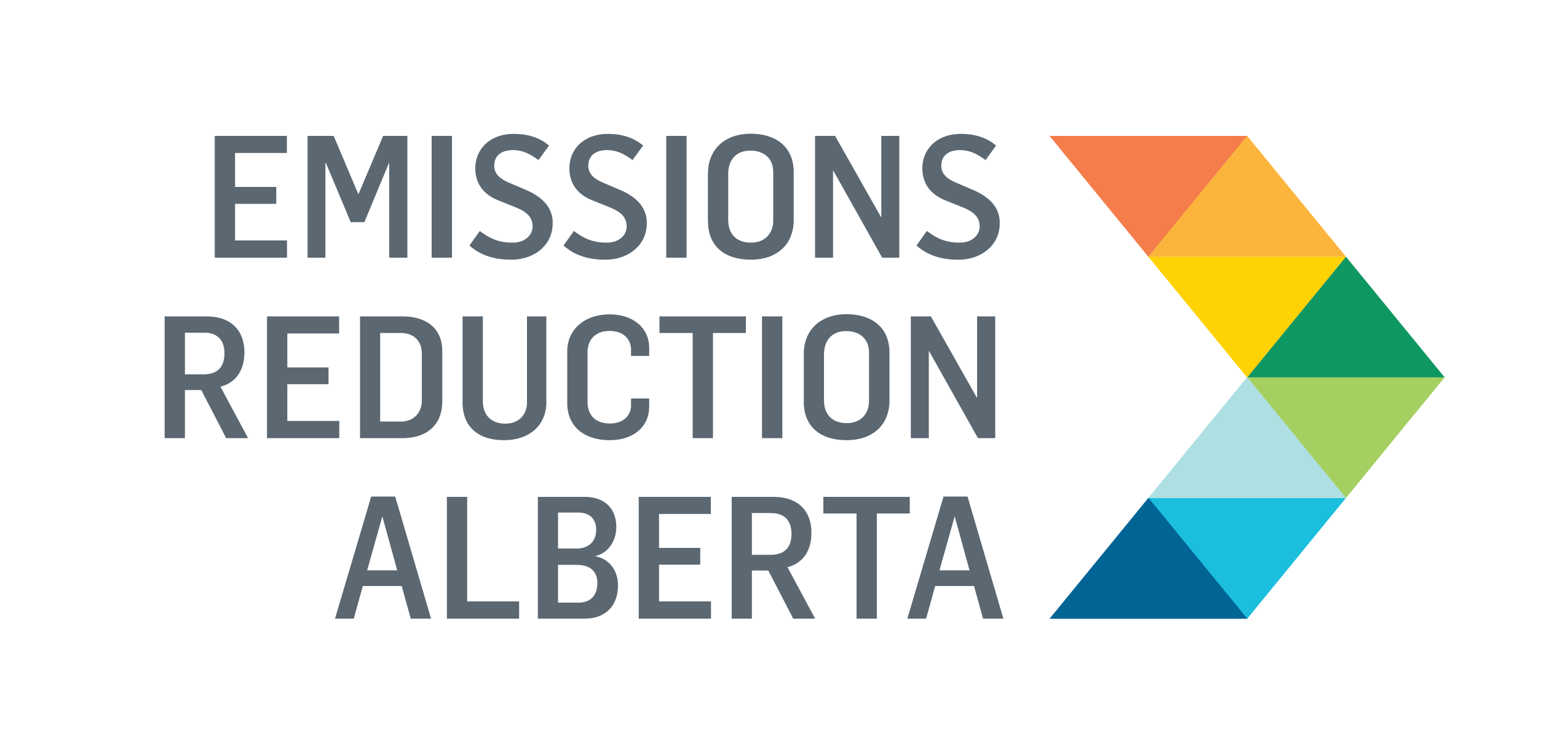Advancing Carbon Capture Through Innovative Pilot Design
Funded through the Grand Challenge: Innovative Carbon Uses Round 1 in 2014, the Skyonic Corporation project aimed to advance a next-generation carbon capture solution through the development of its SkyCycle™ Pilot system. Building on the foundation of the company’s earlier SkyMine® technology, SkyCycle™ introduces a thermolytic process that transforms industrial CO2 emissions into stable, marketable mineral products such as calcium and magnesium carbonates. Unlike traditional carbon capture methods, which often rely on energy-intensive solvents or storage, SkyCycle™ leverages waste heat from industrial operations to drive chemical reactions that permanently sequester carbon in solid form.
The pilot system, installed at the Southwest Research Institute in San Antonio, Texas, was designed to validate the core chemical engineering principles of the SkyCycle™ process at a development scale. Central to the system is the decomposition of salts to generate reactive bases, which are then used to capture CO2 and convert it into carbonate solids. The process also enables the co-production of valuable by-products like hydrochloric acid, enhancing the economic viability of the technology. With its modular design and integration of repurposed components from Skyonic’s mobile labs, the SkyCycle™ Pilot represents a flexible and scalable platform for carbon capture innovation.
Demonstrating Real-World Impact and Future Potential
By leveraging waste heat and a novel chemical pathway, the SkyCycle™ Pilot not only validated its core carbon capture reactions but also laid the groundwork for future scalability and commercialization. The project’s successful installation and commissioning at SwRI enabled Skyonic to conduct critical experiments that refined energy inputs, optimized reaction kinetics, and confirmed the feasibility of producing marketable by-products such as limestone and hydrochloric acid. These outcomes position SkyCycle™ as a compelling alternative to traditional emissions mitigation strategies, particularly in jurisdictions with carbon pricing. With the potential to scale up to a one-million-tonne-per-year CO2 capture capacity, the technology offers a path to significant greenhouse gas reductions while supporting economic development through job creation, industrial competitiveness, and the production of valuable commodities.
What’s next?
Since the completion of the SkyCycle™ Pilot, the technology has continued to evolve, with a growing emphasis on commercial readiness and global scalability. While Skyonic, now rebranded CarbonFree, has not gone on to deploy their technology in Alberta at scale, they recently partnered with Fluor to bring their technology to market, which will be focused mainly in the US. This strategic collaboration marks a significant milestone in CarbonFree’s journey, enabling the company to leverage Fluor’s engineering and construction expertise to accelerate the manufacturing and deployment of SkyCycle™ systems at industrial sites. The partnership is part of a broader push to commercialize carbon-to-value solutions that not only reduce emissions but also generate high-purity materials like synthetic limestone and precipitated calcium carbonate.
